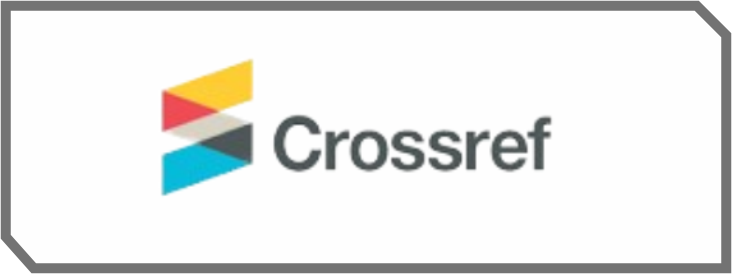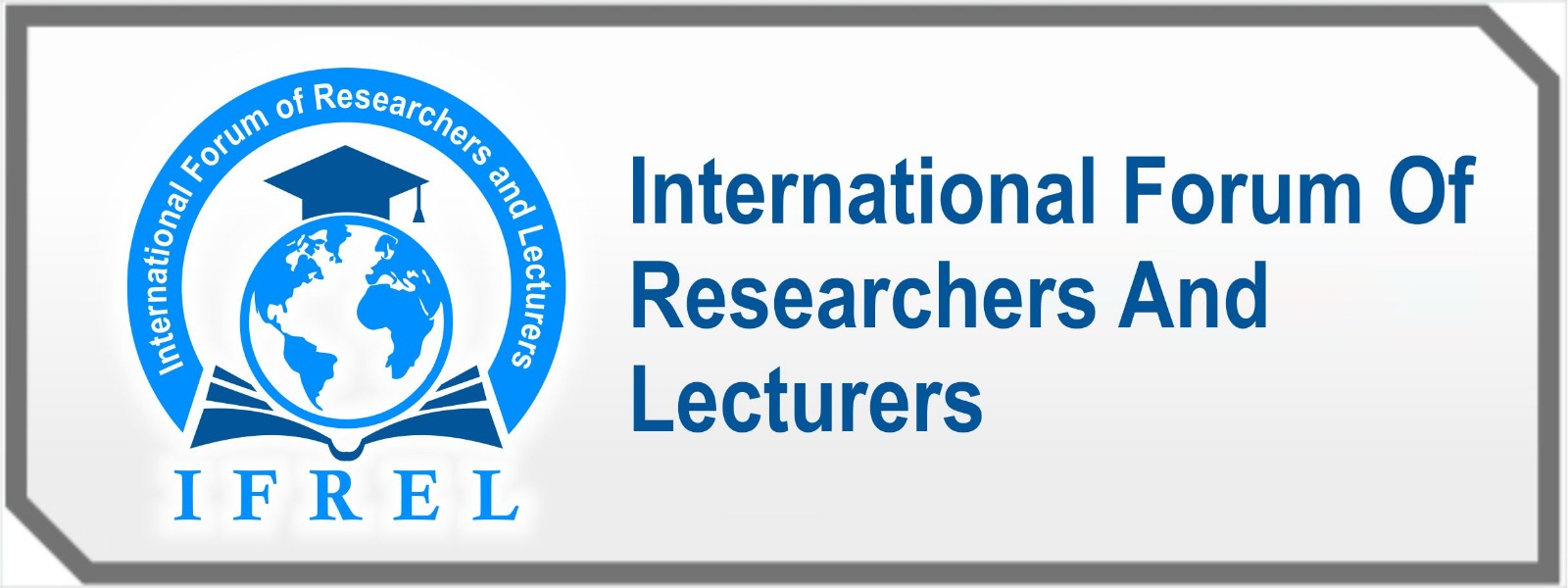Building a Sustainable Maritime Workforce: The Role of Leadership and Education in Enhancing Safety and Environmental Responsibility
DOI:
https://doi.org/10.70142/kbijmaf.v2i1.277Keywords:
Maritime Sustainability, Vocational Education, Workforce Development, Leadership, Environmental ResponsibilityAbstract
Sustainability is becoming a critical focus within maritime education, leadership, and workforce development as the industry adapts to evolving environmental regulations and safety imperatives. This research explores the integration of sustainability principles in maritime training programs and leadership frameworks, addressing gaps in workforce development and the application of sustainable practices. The study provides original insights by examining qualitative perspectives from maritime professionals, educators, and graduates, complementing previous research by offering empirical evidence on sustainability in vocational education. The primary objective was to investigate how sustainability is embedded within maritime education and leadership, focusing on its role in fostering safety cultures and environmental responsibility. The research employed a qualitative approach, combining systematic literature review (SLR) with interviews and questionnaires involving ten maritime stakeholders. The results indicate a strong alignment between sustainability goals and educational frameworks, with leadership emerging as a key driver of sustainable practices. While overall scores reflect significant progress, the findings highlight areas for enhancing workforce development, particularly in reinforcing environmental responsibility. The study underscores the importance of leadership in shaping sustainable organizational cultures and advocates for more comprehensive, sustainability-focused curricula in maritime vocational programs. The conclusions emphasize the need for greater collaboration between educational institutions and industry leaders to ensure cohesive progress in sustainability adoption. This research contributes to shaping a future maritime workforce that is technically proficient, environmentally conscious, and safety-driven.
References
Albayrak, T., & Ziarati, R. (2012). Encouraging research in maritime education & training. Journal of Maritime Transport and Engineering, 1(1), 4–9.
Autsadee, Y., Jeevan, J., Mohd Salleh, N. H. Bin, & Othman, M. R. Bin. (2023). Digital tools and challenges in human resource development and its potential within the maritime sector through bibliometric analysis. Journal of International Maritime Safety, Environmental Affairs, and Shipping, 7(4), 2286409.
Bergheim, K., Nielsen, M. B., Mearns, K., & Eid, J. (2015). The relationship between psychological capital, job satisfaction, and safety perceptions in the maritime industry. Safety Science, 74, 27–36.
Bettany-Saltikov, J., & McSherry, R. (2024). How to do a systematic literature review in nursing: A step-by-step guide (3rd ed.).
Carvalho, T. P., Soares, F. A., Vita, R., Francisco, R. da P., Basto, J. P., & Alcalá, S. G. S. (2019). A systematic literature review of machine learning methods applied to predictive maintenance. Computers & Industrial Engineering, 137, 106024.
Colley, H., James, D., Diment, K., & Tedder, M. (2003). Learning as becoming in vocational education and training: Class, gender and the role of vocational habitus. Journal of Vocational Education and Training, 55(4), 471–498.
Comtois, C., & Slack, B. (2017). Sustainable development and corporate strategies of the maritime industry. In Ports, cities, and global supply chains (pp. 249–262). Routledge.
Demirel, E. (2020). Maritime education and training in the digital era. Universal Journal of Educational Research.
Fleener, M. J. (2022). Blockchain technologies: A study of the future of education. Journal of Higher Education Theory and Practice, 22(1).
Gavalas, D., Syriopoulos, T., & Roumpis, E. (2022). Digital adoption and efficiency in the maritime industry. Journal of Shipping and Trade, 7(1), 11.
Hendriyanto, A., Priatna, N., Juandi, D., Dahlan, J. A., Hidayat, R., Sahara, S., & Muhaimin, L. H. (2023). Learning mathematics using an ethnomathematics approach: A systematic literature review. Journal of Higher Education Theory and Practice, 23(7), 59–74. https://doi.org/10.33423/jhetp.v23i7.6012
Jyothi, M. L., & Shanmugasundaram, R. S. (n.d.). Applications of IoT technology and computer vision in higher education: A literature review.
Kongsvik, T. Ø., Størkersen, K. V., & Antonsen, S. (2014). The relationship between regulation, safety management systems, and safety culture in the maritime industry. Safety, Reliability and Risk Analysis: Beyond the Horizon, 467–473.
Kuss, D. J., Kristensen, A. M., & Lopez-Fernandez, O. (2021). Internet addictions outside of Europe: A systematic literature review. Computers in Human Behavior, 115, 106621.
Laghari, A. A., Wu, K., Laghari, R. A., Ali, M., & Khan, A. A. (2021). A review and state of art of Internet of Things (IoT). Archives of Computational Methods in Engineering, 1–19.
Manuel, M. E. (2017). Vocational and academic approaches to maritime education and training (MET): Trends, challenges and opportunities. WMU Journal of Maritime Affairs, 16, 473–483.
Paul, J., Lim, W. M., O’Cass, A., Hao, A. W., & Bresciani, S. (2021). Scientific procedures and rationales for systematic literature reviews (SPAR‐4‐SLR). International Journal of Consumer Studies, 45(4), O1–O16.
Prokopenko, O., & Miśkiewicz, R. (2020). Perception of "green shipping" in the contemporary conditions. Entrepreneurship and Sustainability Issues, 8(2), 269.
Quasim, M. T., Sulaiman, A., Shaikh, A., & Younus, M. (2022). Blockchain in churn prediction based telecommunication system on climatic weather application. Sustainable Computing: Informatics and Systems, 35, 100705.
Ricardianto, P., Prastiama, R., Thamrin, M., Agusinta, L., Abdurachman, E., & Perwitasari, E. P. (2021). The ship’s crew performance of Indonesian national shipping companies. International Journal of Research in Commerce and Management Studies, 3(03), 52–66.
Roesler, V., Barrère, E., & Willrich, R. (2020). Special topics in multimedia, IoT, and web technologies. Springer.
Srivani, M., Murugappan, A., & Mala, T. (2023). Cognitive computing technological trends and future research directions in healthcare: A systematic literature review. Artificial Intelligence in Medicine, 138, 102513.
Toriia, T. G., Epikhin, A. I., Panchenko, S. V., & Modina, M. A. (2023). Modern educational trends in the maritime industry. SHS Web of Conferences, 164, 60.
Wang, Y., & Wright, L. A. (2021). A comparative review of alternative fuels for the maritime sector: Economic, technology, and policy challenges for clean energy implementation. World, 2(4), 456–481.
Xiao, Y., & Watson, M. (2019). Guidance on conducting a systematic literature review. Journal of Planning Education and Research, 39(1), 93–112.
Zhen, L., Wu, Y., Wang, S., & Laporte, G. (2020). Green technology adoption for fleet deployment in a shipping network. Transportation Research Part B: Methodological, 139, 388–410.
















